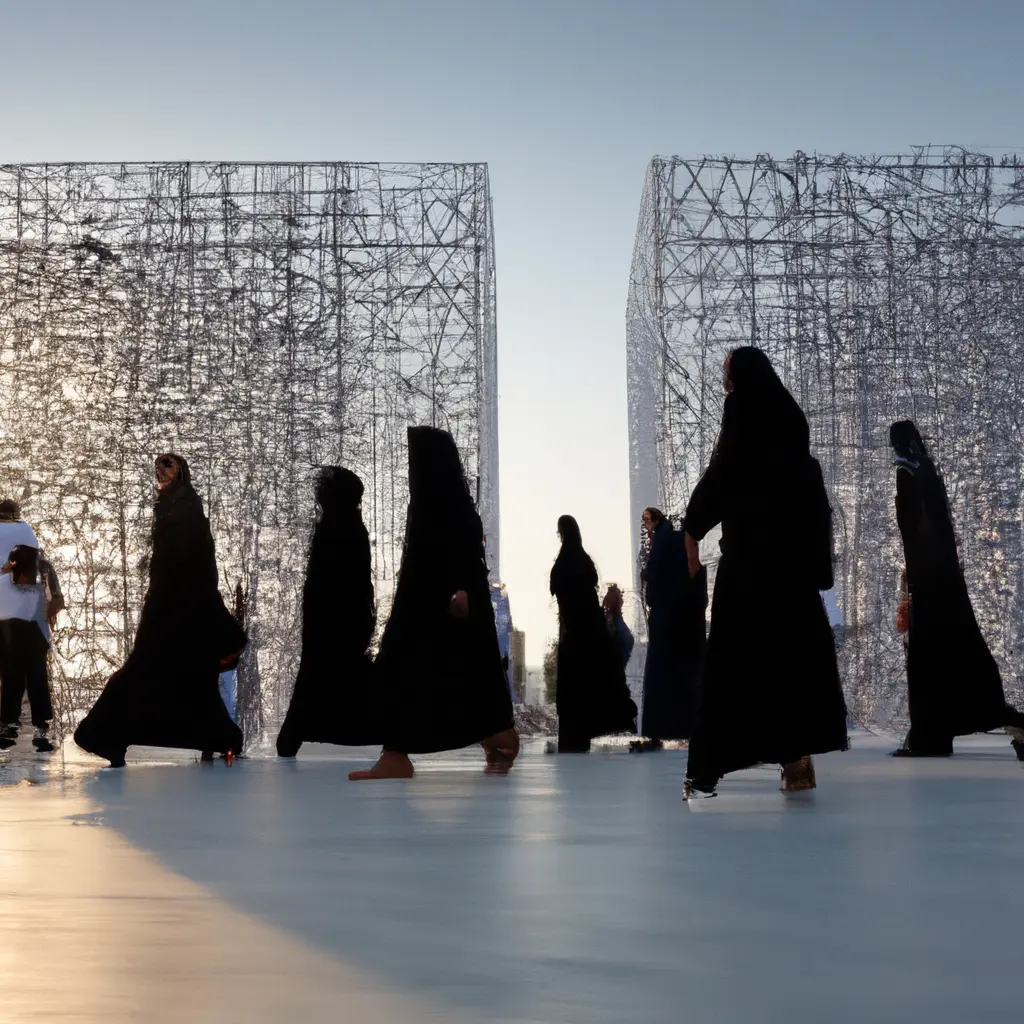The gap between perceptions and the reality of women's rights in the UAE

The United Arab Emirates has taken steps to mitigate gender inequalities in its legal system by amending labor, personal, and criminal legislation. The motivation for these changes is up for discussion. Carefully selected images often do not reflect the experiences of ordinary Emirati women, but significant progress has been made towards achieving gender equality. Simeon Jankov and Caroline Lehmann write that without reliable data, assessing the effectiveness of gender legal reforms remains a challenging task.
Countries of the Middle East and gender rights
The countries of the Middle East perform poorly on international indicators of women's rights. The United Arab Emirates (UAE) were no exception until recently, consistently ranking last in global rankings assessing gender equality and support for women. In 2019, they ranked second to last in the World Bank's "Women, Business and the Law" (WBL) index, scoring 29 out of 100, indicating that women have less than a third of the rights of men. However, by 2023, the UAE's score had nearly tripled to 82, exceeding the global average of 77.
Gender reforms in the UAE
Since 2019, the UAE has taken significant steps to mitigate gender inequalities in its legal system, including amendments to labor, personal, and criminal legislation. The government has established committees to identify and change laws that discriminate against women in various aspects of Emirati society. The motives behind this sudden surge of legal reforms are a topic of discussion. Some scholars believe that the changes to gender-discriminatory laws were primarily driven by international initiatives, such as the UN Committee on the Elimination of Discrimination Against Women (CEDAW) and the Sustainable Development Goals (SDGs), as well as the #MeToo movement. Others attribute it to a political campaign that promotes the UAE's international image as a modern society capable of attracting global human capital and investments.
The role of women in Emirati society
The transformation of women's roles in Emirati society can be seen in the significant changes in the socio-economic landscape of the UAE in the 20th century. Before the discovery of oil in the UAE, women actively participated in various economic activities, such as agriculture and the thriving pearl industry. Women from middle and lower social classes had a considerable degree of economic autonomy, engaging in various activities ranging from trading goods to tailoring, as well as owning retail shops, pearl boats, and real estate. However, the Great Depression of 1929 had a severe impact on the pearl industry, reducing demand and creating challenges for women's economic well-being. During this period, their labor was shifted to domestic responsibilities, as the male workforce sought better opportunities in neighboring economies after the discovery of oil, leaving women with an increased share of household duties.
Foreign specialists and gender policy
The presence of foreign specialists has necessitated changes in the country's gender policy.





Sale hotels in Jumeirah Lake Towers with city view 190 600 $

1

2

80

Assessment of progress and challenges
Nevertheless, significant progress has been made in achieving gender equality. Since 2019, the UAE has implemented gender legal reforms aimed at improving working conditions for women and mothers, as well as combating domestic violence and sexual harassment. Some gender biases continue to exist, manifesting, for example, in the legal obligations of a wife towards her husband, as well as in areas such as healthcare, where access to maternal care may be restricted if the mother does not provide a marriage certificate. Furthermore, these legal reforms do not apply equally to all women. Migrant women face serious challenges as they are subject to the "kafala" sponsorship system and do not receive protection under UAE labor laws, making them vulnerable to exploitation.
Due to the lack of reliable data on outcomes for women in the UAE, assessing the effectiveness of gender legal reforms remains a challenging task. According to UN Women Hub data, 60 percent of gender-related data is missing for the UAE, and there is no information on gender gaps in income, childcare, or domestic violence. Women's participation in the country's labor force continues to remain below 20 percent. Emirati women primarily work in the public sector due to their perceived unsuitability for jobs in the private sector. Gender gaps also persist in political representation, where women hold only 18 percent of ministerial positions and 10 percent of roles in the diplomatic service.
Although the UAE has made some progress in gender reforms since 2019, there is still a gap between the perception and the results of legal changes in the UAE. It remains unclear whether gender reforms reflect tangible improvements in the lives of women from all social classes in the emirates.
Comment
Popular Posts
Popular Offers

Subscribe to the newsletter from Hatamatata.com!
Subscribe to the newsletter from Hatamatata.com!
I agree to the processing of personal data and confidentiality rules of Hatamatata





